
Aug 21 , 2021
By HAWI DADHI
A firm dedicated to providing full-fledged Sharia-compliant insurance services is gearing up to offer equity to the public.
Promoted by individuals with a background in interest-free banking, "Amana Takaful" plans to float shares to the public in the coming weeks with a par value of 1,000 Br. A subscriber can buy a minimum of 10 shares, with a ceiling of 5,000 shares.
Promoters of the initiative began the process of establishing a financial institution with the National Bank of Ethiopia (NBE) eight months ago, aiming to raise 200 million Br in subscribed capital within a year. Half of this amount is anticipated to be paid up, according to Ahbabu Abdella, one of the promoters.
Attaining this goal would meet the central bank's minimum capital requirement of 75 million Br, and puts the firm on a footing with industry newcomers such as Zemen Insurance. Zemen has registered 81.5 million Br in paid-up capital, of the 114.6 million Br subscribed by its shareholders at the end of 2019/20.
A directive issued in June 2020 by the central bank, permitting insurance companies to provide a Shariah-compliant product as either a window or stand-alone service, has prompted promoters' ambitions to be the pioneering full-fledged takaful insurance firm. The requirements set out by the central bank for the establishment of insurance firms differ from those forming banks. Unlike new entrants in the banking industry, insurance firms are obliged to submit a feasibility study along with their application.
Amana Takaful has conducted its feasibility study hiring Explore More Consultants Plc, a consultancy firm based in Addis Abeba.
The study showed there is high demand for Sharia-compliant insurance services in the banking industry, which has seen the establishment of two full-fledged interest-free banks, as well as in the property insurance market, especially in rural areas where economic activities heavily rely on agriculture, according to Ahbabu. The study identified the insurance firm would be profitable within two years of operation.
The recent proliferation of financial services oriented towards communities adhering to the Islamic faith encourages Amana's promoters. Global and Awash insurance companies have already begun providing Sharia-compliant services, while two full-fledged interest-free banks (IFBs) are among the latest to join the industry.
Earlier this year, ZamZam Bank became the first such financial institution to open its doors with nearly 900 million Br in paid-up capital. It is operating with three branches. Hijra Bank followed, obtaining an operating license after having raised 700 million Br in paid-up capital. It is expected to begin services in the coming months. Sahay and Ramis, both interest-free banks, are in the process of formation.
Amana's promoters believe such a thriving market will translate to an opportunity in the financial space for the insurance firm.
"Interest-free loans should be backed by takaful insurance," says Ahbabu, who hopes Amana's establishment will encourage interest-free banking services to shift to takaful insurance products.
Amana plans to embark on takaful, adopting a hybrid model, which combines the widely used Wakala and Mudharabah models.
Adopted by Global and Awash insurance firms, Wakala is used by an insurer to act as a manager of a pool of funds and takes only a percentage fee. However, the Mudharabah model is a profit-sharing scheme where the majority of the pool of funds gathered from contributors goes to a participant's risk-fund account and the remaining to a participant's investment account.
Both of the funds can be invested in Sharia-compliant business ventures. Profit from the participant's account is shared between all participants and the operator according to ratios agreed beforehand. The hybrid model combines both, where the operator receives an agent fee and a share from the surplus.
However, the journey ahead for Amana will not be without its pitfalls. Finding professionals acquainted with takaful has been a major challenge in the insurance industry, whose contribution to the GDP is less than one percent though the last three decades saw the opening of 18 insurance firms. Amana needs to onboard executives with experience in the insurance industry and expertise in takaful.
This won't be easy, according to Ebsa Mohammed, a consultant with 10 years of experience in the insurance industry. Ebsa believes new entrants such as Amana will have no choice but to hire professionals from the conventional industry and provide intensive training in Takaful models.
Abdulkadir Redwan has served at a number of banks over the past seven years, specialising in interest-free services. He sees a tough road ahead for Amana; the firm will have to deal with hurdles faced in the conventional insurance industry. His concerns lie mainly with a lack of awareness and the low adoption rate of insurance products.
"Even conventional insurance struggles with this, let alone takaful," said Abdulkadir.
The insurers will have to bear the burden of creating awareness to create demand. Abdulkadir is hopeful that the interest-free banking services and takaful could pair well together to mutually benefit as each can serve the other to mobilise funding.
"They need each other," said Abdulkadir.
The central bank's insurance supervision directorate was not available for comments despite repeated attempts.
PUBLISHED ON
Aug 21,2021 [ VOL
22 , NO
1112]

Films Review | Nov 02,2019
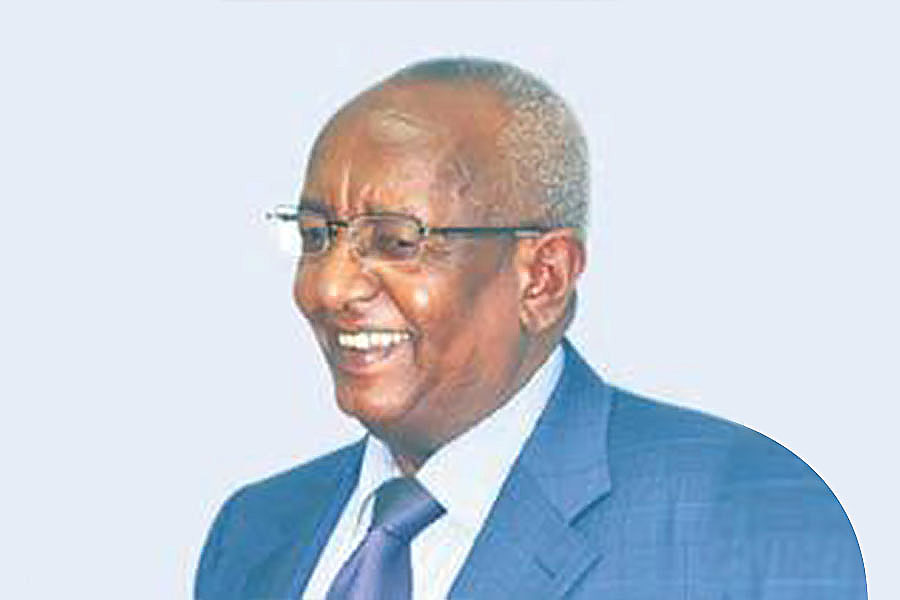
Obituary | Feb 19,2022
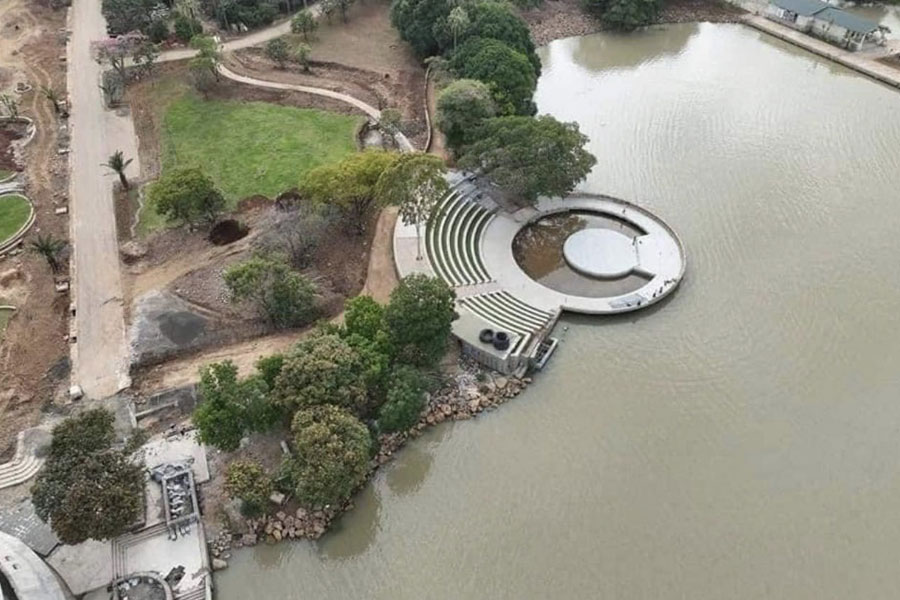
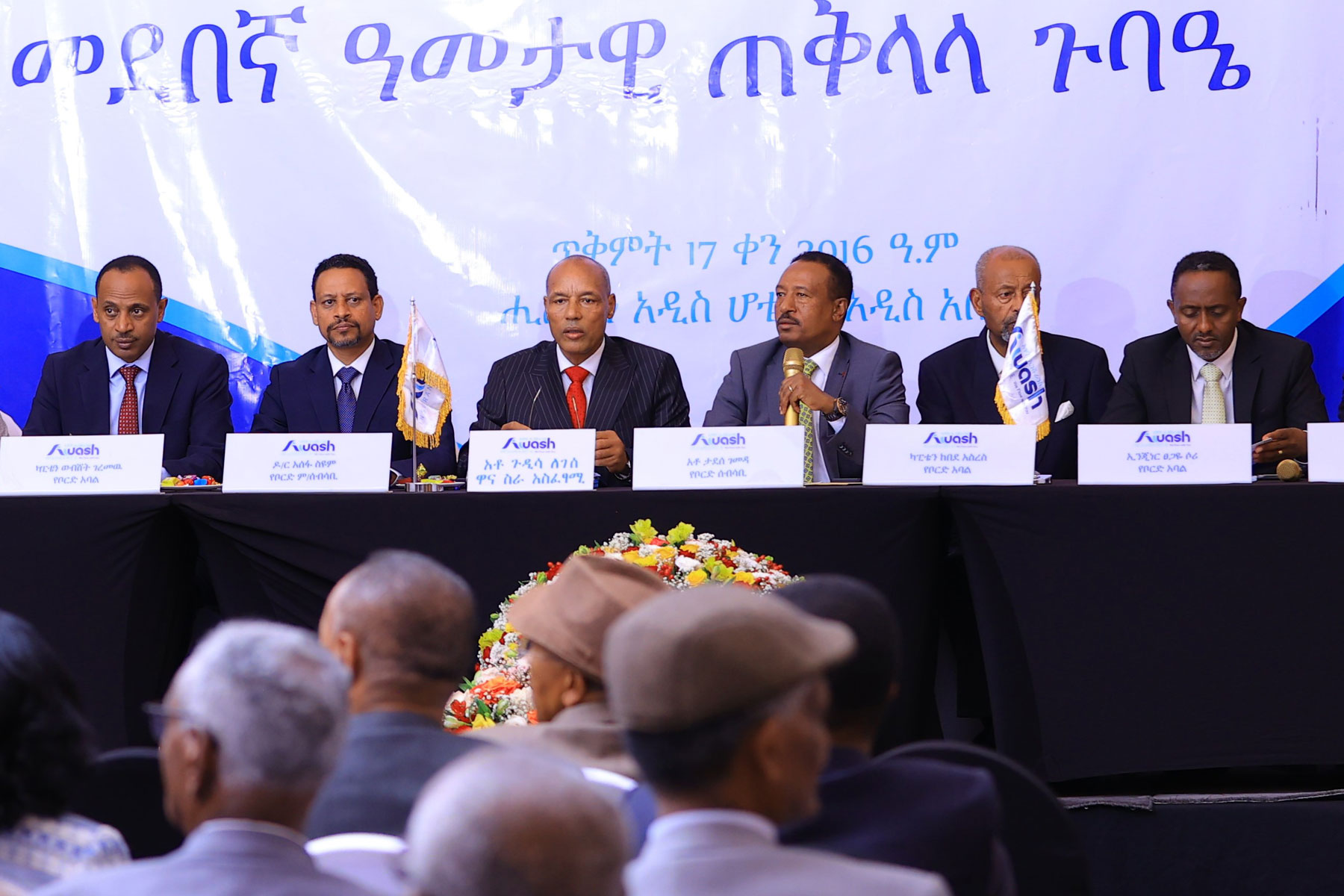
News Analysis | Apr 20,2024
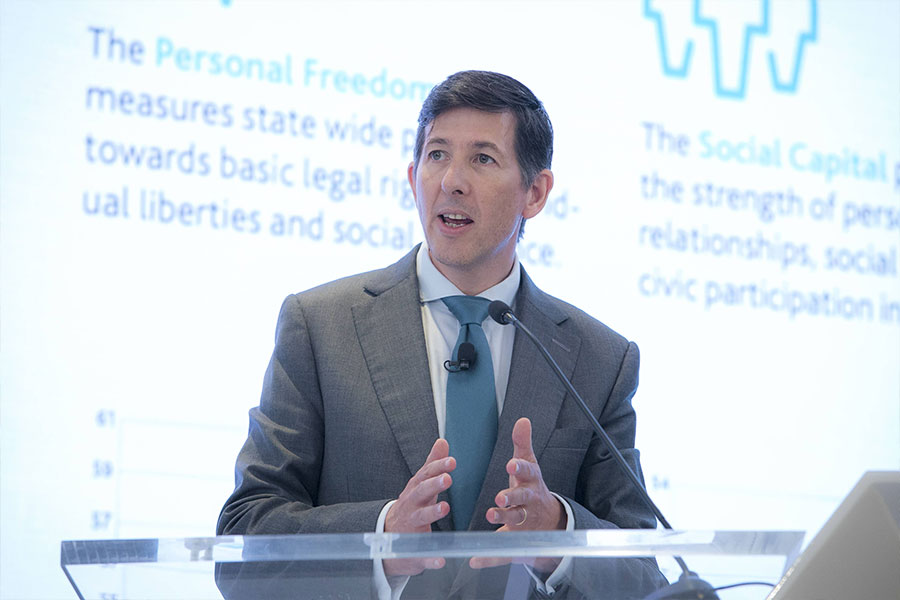
Exclusive Interviews | Oct 09,2021
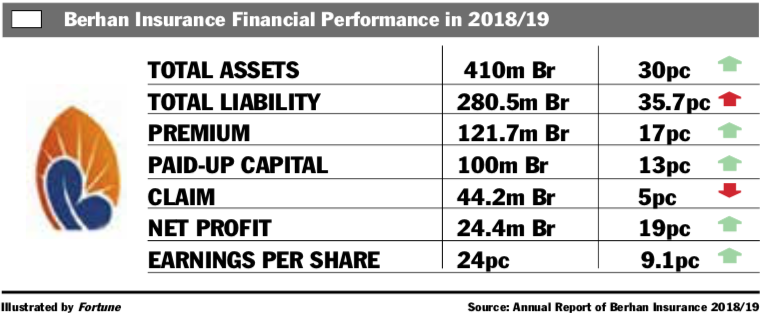
Fortune News | Feb 08,2020
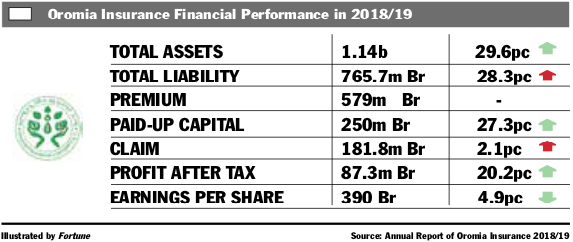
Fortune News | Jan 25,2020

Radar | May 07,2022
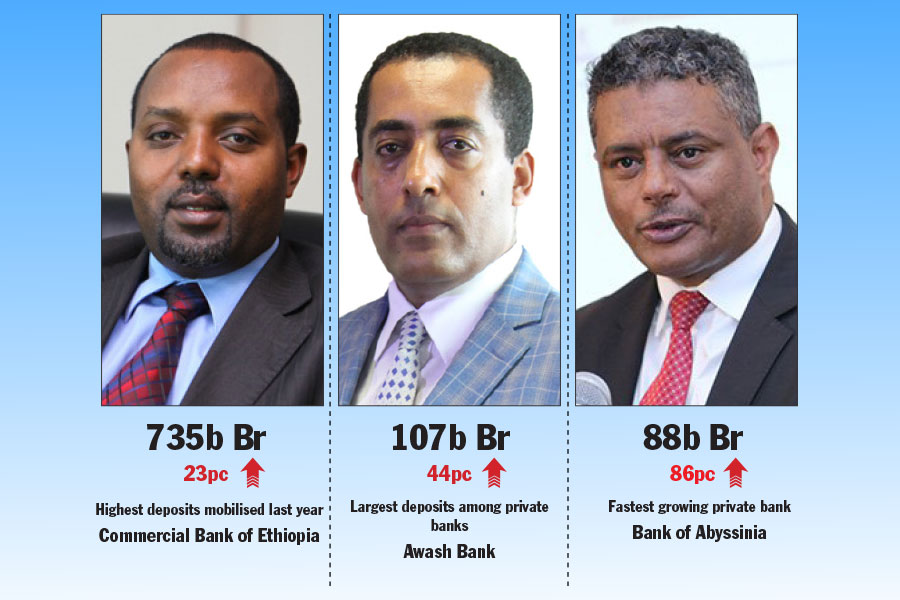
Fortune News | Jul 18,2021

Fortune News | May 01,2022

Dec 22 , 2024 . By TIZITA SHEWAFERAW
Charged with transforming colossal state-owned enterprises into modern and competitiv...

Aug 18 , 2024 . By AKSAH ITALO
Although predictable Yonas Zerihun's job in the ride-hailing service is not immune to...

Jul 28 , 2024 . By TIZITA SHEWAFERAW
Unhabitual, perhaps too many, Samuel Gebreyohannes, 38, used to occasionally enjoy a couple of beers at breakfast. However, he recently swit...

Jul 13 , 2024 . By AKSAH ITALO
Investors who rely on tractors, trucks, and field vehicles for commuting, transporting commodities, and f...

Jun 28 , 2025
Meseret Damtie, the assertive auditor general, has never been shy about naming names...

Jun 21 , 2025
A well-worn adage says, “Budget is not destiny, but it is direction.” Examining t...

Jun 14 , 2025
Yet again, the Horn of Africa is bracing for trouble. A region already frayed by wars...

Jun 7 , 2025
Few promises shine brighter in Addis Abeba than the pledge of a roof for every family...